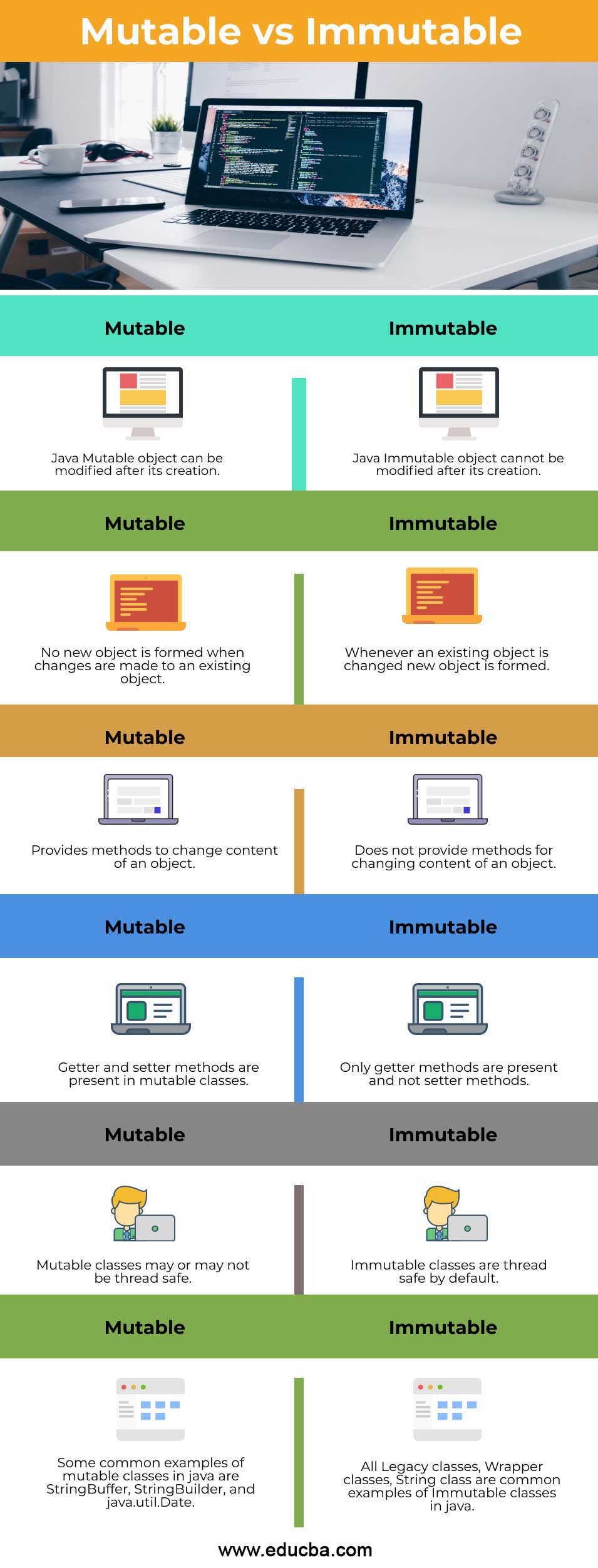Why Are Strings Immutable in Java? Enhancing Code Reliability
Why Are Strings Immutable in Java? Enhancing Code Reliability
Blog Article
What Is Unalterable Strings and How It Works
In the realm of shows, comprehending the idea of immutable strings is vital for producing secure and robust applications. Unalterable strings refer to strings that can not be modified after they are created, making certain data integrity and predictability within the code.
The Essentials of Immutable Strings
Immutable strings, as a basic idea in programs, are character sequences that can not be transformed when they are developed. This implies that when a string is designated a worth, that worth can not be altered. In languages like Python and Java, strings are unalterable items, leading to numerous implications in regards to memory administration and data stability.
One of the essential benefits of immutable strings is that they supply a sense of protection in information adjustment. Given that the content of an immutable string can not be modified, it ensures that the initial information continues to be undamaged, lowering the danger of unintentional adjustments throughout program execution (Why are strings immutable in Java?). This building likewise simplifies debugging processes, as designers can trust that once a string is defined, its value will certainly not be accidentally changed
When a brand-new string is created based on an existing one, instead than modifying the initial string, the new worth is saved separately. Generally, recognizing the essentials of unalterable strings is vital for mastering shows principles and maximizing code efficiency.
Advantages of Immutable Strings
Structure upon the safety and efficiency benefits of immutable strings, their advantages encompass boosting code dependability and simplifying simultaneous programs jobs. By being immutable, strings can not be modified after development, which removes the threat of unintentional changes in the data they save. This integral immutability makes sure that when a string is produced, its value continues to be consistent throughout the program's implementation, decreasing the opportunities of pests caused by unanticipated alterations.
Additionally, immutable strings add to code reliability by making it less complicated to reason concerning the state of a program. Given that strings can not be altered, designers can trust that a string will constantly hold the exact same value, streamlining debugging and upkeep efforts. This predictability brings about much more reputable and stable codebases.

Application in Programs Languages
Within different programming languages, the consolidation of immutable strings is a basic element that influences exactly how information is dealt with and controlled within code frameworks. The implementation of immutable strings varies throughout various shows languages, with each language offering its own mechanisms to sustain this idea.

In contrast, languages like C and C++ do not have integrated support for immutable strings. Developers in these languages should manually carry out immutability by imposing guidelines within their code to prevent direct alterations to string things.
Ideal Practices for Dealing With Unalterable Strings
When managing immutable strings in programming languages like Java and Python, adhering to ideal methods guarantees secure and efficient information adjustment. Among the key ideal practices is to use StringBuilder or StringBuffer rather than directly controling strings, specifically when dealing with substantial concatenation procedures. These courses supply mutable choices for string control, aiding to avoid unnecessary memory allowances and enhancing efficiency.
One more finest method is to use string interpolation or format functions given by the language rather than manual concatenation. This not just enhances readability yet additionally aids in protecting against common risks such as unintentional string alterations. Furthermore, when collaborating with delicate data such as passwords or API tricks, it is vital to prevent storing them as plain text in immutable strings. Using safe and secure storage systems like char varieties or specialized collections for managing sensitive information helps alleviate protection dangers connected with unalterable strings.
Real-world Applications and Examples
Checking out sensible applications of immutable strings in different sectors discloses their considerable effect on data integrity and system reliability. In the healthcare industry, unalterable strings play an essential duty in making certain the safety and security and confidentiality of individual data. By protecting against unauthorized modifications to sensitive info such as medical documents and prescriptions, immutable strings assist preserve compliance with rigorous privacy guidelines browse around here like HIPAA.
Financial institutions additionally benefit from the immutable nature of strings to enhance the safety and security of client information and transaction records. Immutable strings aid protect against fraudulence and unauthorized changes to financial details, offering a durable protection versus cyber hazards and ensuring the trust fund and confidence of clients.

Verdict
Ideal techniques for working with unalterable strings include avoiding direct adjustments and making use of methods that return brand-new string things. Real-world applications of immutable strings include data file encryption, caching, and string control tasks.
Immutable strings refer Visit This Link to strings that can not be modified after they are produced, making sure data stability and predictability within the code. When a new string is produced based on an existing one, instead than changing the original string, the new value is saved separately.In languages find here like Java and Python, strings are unalterable by default, meaning that as soon as a string item is developed, its value can not be transformed - Why are strings immutable in Java?. Finest practices for functioning with unalterable strings consist of avoiding straight alterations and using methods that return brand-new string items. Real-world applications of unalterable strings include data file encryption, caching, and string manipulation jobs
Report this page